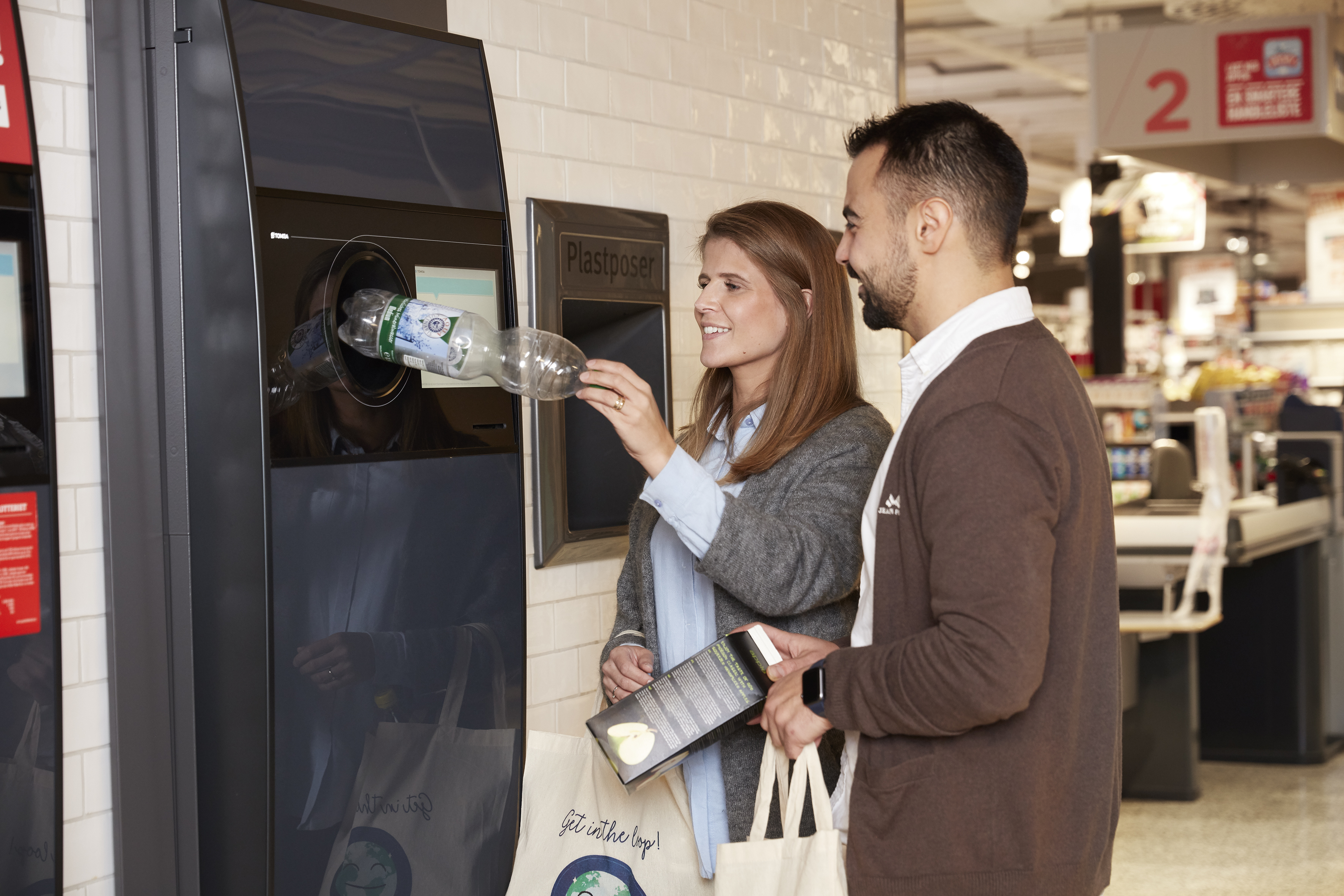
Joining the discussions on the second phase of the feasibility study launch are: Norwegian Embassy in Manila, DENR, DILG, DOST, PNBC, NordCham, PCCI, GIZ, UNDP, WWF Philippines, City of Samal, PARMS, Basic Environmental Systems and Technologies, CCEAP, Cedarc, Century Chemical Corporation, Chemrez Technologies, Coca-cola Europacific Aboitiz Inc., CV Solutions, Doxo Ingredients, Eco-business, ELC Beauty Inc, Greencycle Innovative Solutions, Holcim, International Finance Corporation, Nestle Philippines Inc., PCX Solutions, Petron, Petvalue, Landbell Group, Republic Cement, Globe, SPIK Transworld, Petron Corporation, Petvalue Philippines Corporation, Potian, Philippine Business for Social Progress, Inc., Restore Solutions PH, SPIK, TNC Chemicals Phils., Inc, Lumbres, Toplun Plastic Corp.
“Norway’s approach to circular economy policy emphasizes promoting a green transition through sustainable production, consumption, and waste reduction. The Norwegian strategy prioritizes creating value through sustainable materials, fostering green competitiveness, and improving resource efficiency. Our efforts are closely aligned with the EU’s Circular Economy Action Plan, demonstrating a comprehensive commitment to sustainability and resource conservation.” said Norwegian Embassy Charge d’affaires Geir Michalsen.
“The Philippines is increasingly adopting a circular economy model to address its significant waste management challenges, particularly plastic pollution. Key initiatives include the launch of the National Plastic Action Partnership (NPAP), which fosters collaboration among stakeholders to develop innovative solutions. The country is focusing on empowering local governments and communities to lead waste reduction efforts, supported by grants and regulatory frameworks that facilitate transition. The Philippines aims to prioritize reuse, recycling, and resource efficiency to achieve sustainable development and inclusive growth.” he added.

TOMRA Reverse vending machine
Balik Deposito: Social Behavioral change through incentivization
A crucial component of a successful DRS model is transforming the habits of the consumers. Each bottle, and packaging materials, will have a standardized value and can be given back to the specific deposit stations in exchange for cash. DRS replaces the “balik deposito” system where the consumers would have to pay for the product, the container, and an additional “deposit” on top of the product purchased. This means that the consumers will only pay for the amount of the product consumed if they are returned in designated points
Bakal Bote: DRS as an inclusive model for the local recyclers
There are gaps for lack of solid waste management infrastructure in many cities in the Philippines. The feasibility study discusses possible implementation of a hybrid model using a reverse vending machines (RVM) and manual collection points such as the local “sari-sari” stores (local convenience stores) or junk shops. These businesses serve as recycling hubs for waste collectors and pickers who earn their living by collecting garbage from every household or pick the waste manually on dumpsites.
The feasibility study assesses the current solid waste management structure of the Philippines and integrate available infrastructure and resources to a national circular economy masterplan.
Pilot Site and Implementation
The next phase of the feasibility study sets the criteria for the selection of a pilot testing site, where the initial stages of the DRS will take place in coordination with Deutsche Gesellschaft für Internationale Zusammenarbeit (GIZ). The pilot site will set the stage for a scalable national implementation through an evidence-based policy implementation for the next 16 to18 months.
The Norwegian Embassy in Manila is collaborating with TOMRA which is a pioneer in establishing deposit return system models in Norway. TOMRA has approximately 105,000 installations in over 100 markets worldwide. TOMRA's geographic footprint covers all continents, and the solutions provided are increasingly relevant for serving sustainable societies.
